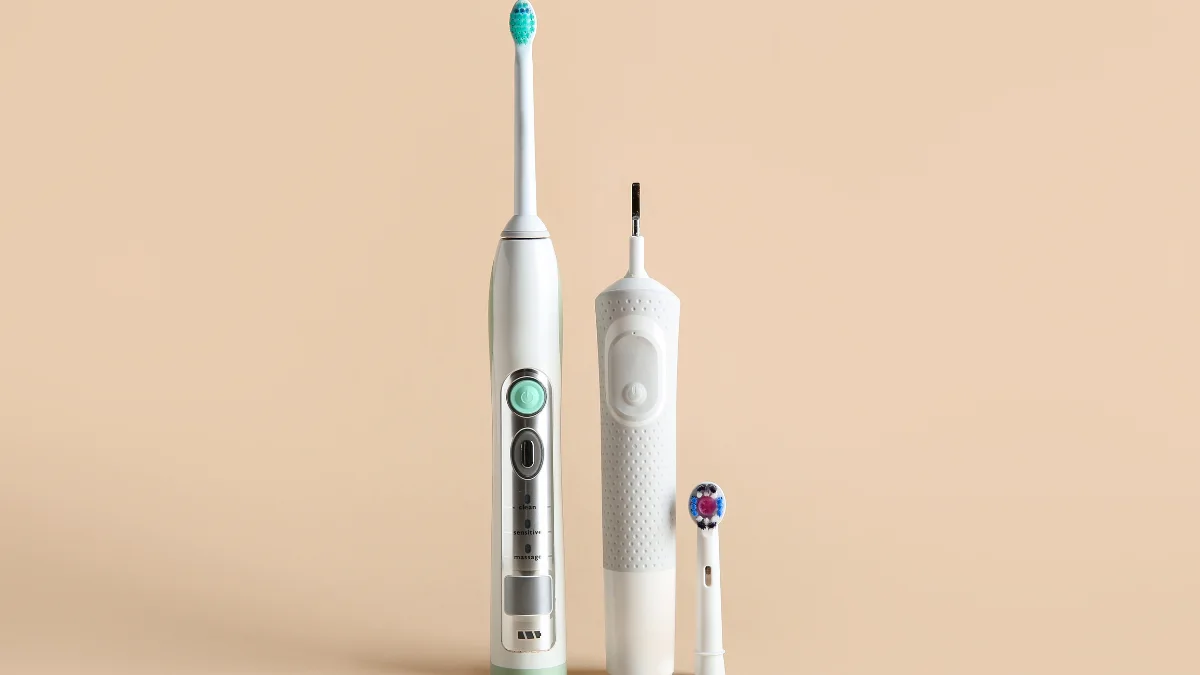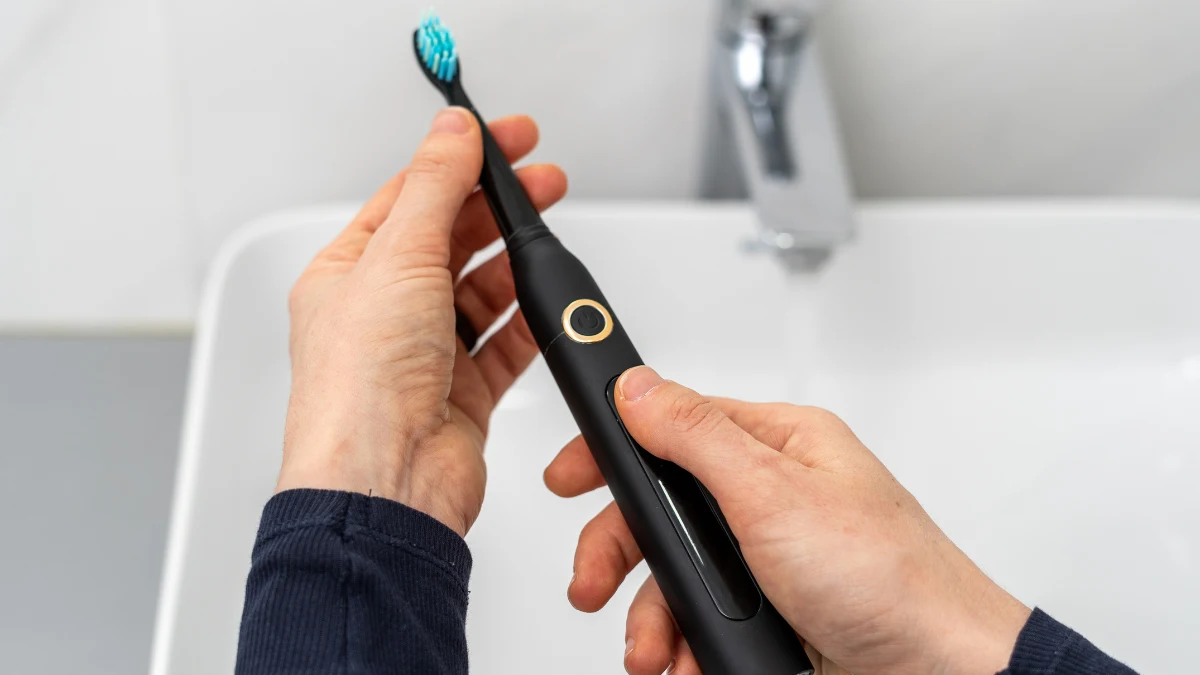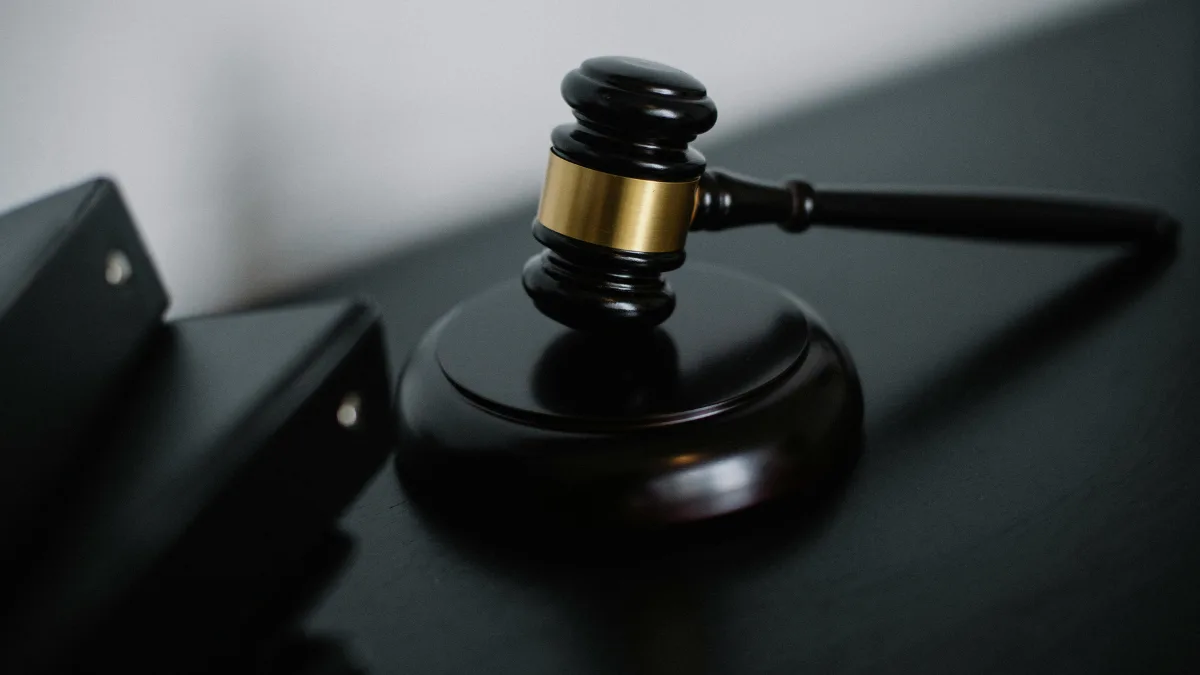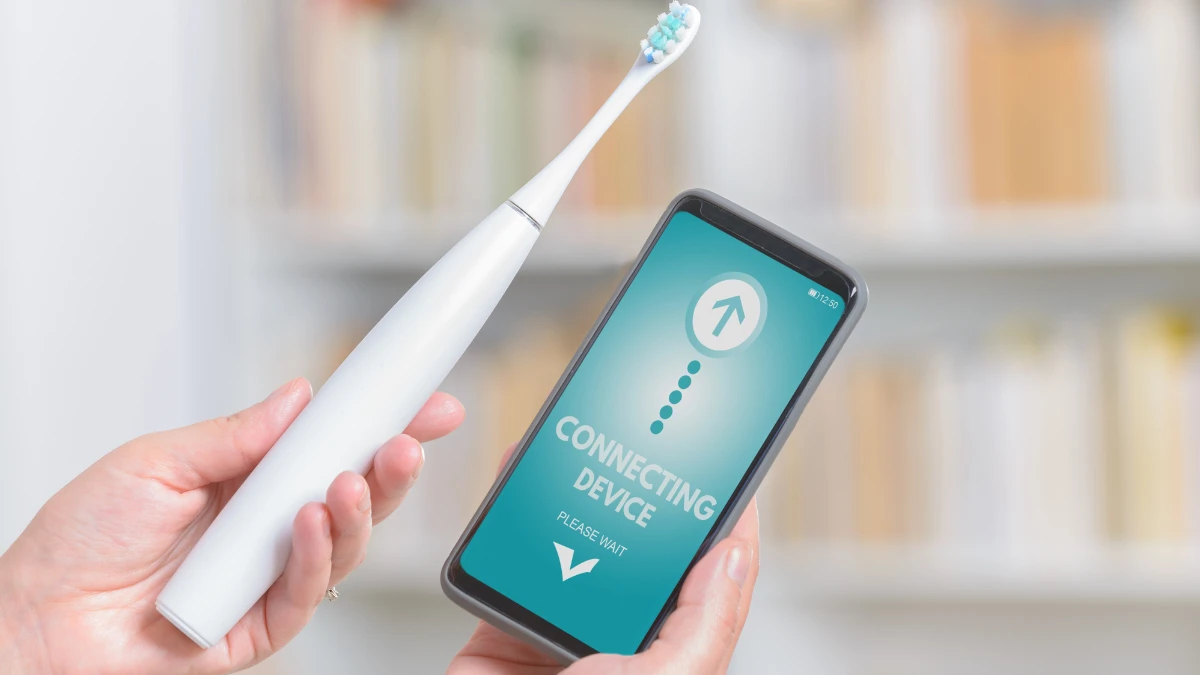Smart toothbrushes are proof of the pervasive reach of technology in aspects of daily life, in this case, the health aspect of maintaining oral hygiene.
Not only does it serve as a cleaning tool, but the smart toothbrush is designed to clean teeth better than a manual toothbrush with its features.
Are you familiar with this device? This article will further inform you about smart toothbrushes from their definition, working, benefits, and regulations in Indonesia.
What is a Smart Toothbrush?

A smart toothbrush is a type of electric toothbrush that can connect to an app on your smartphone. It has a wide range of features such as a pressure sensor, automatic timer, and Bluetooth connectivity.
With the connection to your smartphone, you can monitor your brushing habits and results in real-time. This allows you to evaluate your brushing hygiene results from the data collected.
Some models of this device are also equipped with mouth mapping so that it can detect areas that have not been brushed properly which is displayed through the phone. These devices are designed to help you brush your teeth more efficiently and follow oral health standards.
How it Works?
Smart toothbrushes essentially work by using sensors to monitor and provide feedback on how you brush your teeth. Here is how it works in detail:
- Sensors and data processing: Sensors on the toothbrush detect pressure on the teeth, area brushed, duration of brushing, and brush movement. The real-time data is then sent to the app.
- Data analysis in the app: The app provides feedback from the data collected by the toothbrush sensor such as which areas may be missed and which areas need more attention.
With the analysis and feedback from the app, you can improve your brushing habits. This in turn increases the effectiveness of your brushing and reduces the risk of dental problems.
The Benefits

Smart toothbrush has several benefits including tracking brushing habits to better cleaning. Here are some of the benefits of using it:
1. Tracking brushing habits
One of the benefits of a smart toothbrush is that it can track your brushing habits. With sensors on the toothbrush connected to the app, the toothbrush can track the duration, area brushed, and pressure used while brushing. This way you can learn about your brushing habits.
2. Feedback on brushing
Not only does it track your brushing habits, but the smart toothbrush also provides feedback. With this feedback, you can know in real-time the areas that you have missed or that need special attention when brushing your teeth, so you can improve your brushing habits for the better.
3. Motivation and education
Another advantage of a smart toothbrush is that it provides motivation and education. Through applications on mobile devices, some models provide features related to educational information. It is hoped that you can be motivated to increase your awareness of brushing your teeth better every day.
4. Better cleaning
This device is supported by its ability to rotate, oscillate, or sonic to remove plaque and bacteria more effectively. With the various benefits provided by the smart toothbrush, it is expected to encourage you to clean your teeth better.
The Regulation in Indonesia

The smart toothbrush uses communication technologies such as that operate within a specific frequency spectrum. In Indonesia, any Bluetooth or RFID-based wireless device is required to have DJID (Directorate General of Digital Infrastructure) under the Ministry of Communication and Digital (KOMDIGI).
Smart toothbrush regulation is based on KEPMEN No. 260 Tahun 2024, which requires all radio frequency-based devices to meet specific technical standards before being sold in the country.
The DJID certification ensures that the product meets government safety and quality regulations and does not interfere with other communication devices. The certification process involves technical testing, such as frequency adjustments, safety checks, and compatibility with the surrounding environment.
Once the tests are completed, products that pass are listed in a Test Result Report, which confirms that the product is safe and ready for sale in Indonesia. This report reassures customers that the product meets technical standards and is secure.
For companies wanting to sell a smart toothbrush in Indonesia, our services are available to assist with this process. This service includes preparing technical and legal documents, conducting required testing, ensuring compliance with regulations, helping companies streamline the certification process, and giving consumers confidence in certified products. [UN].

